Raise the stakes
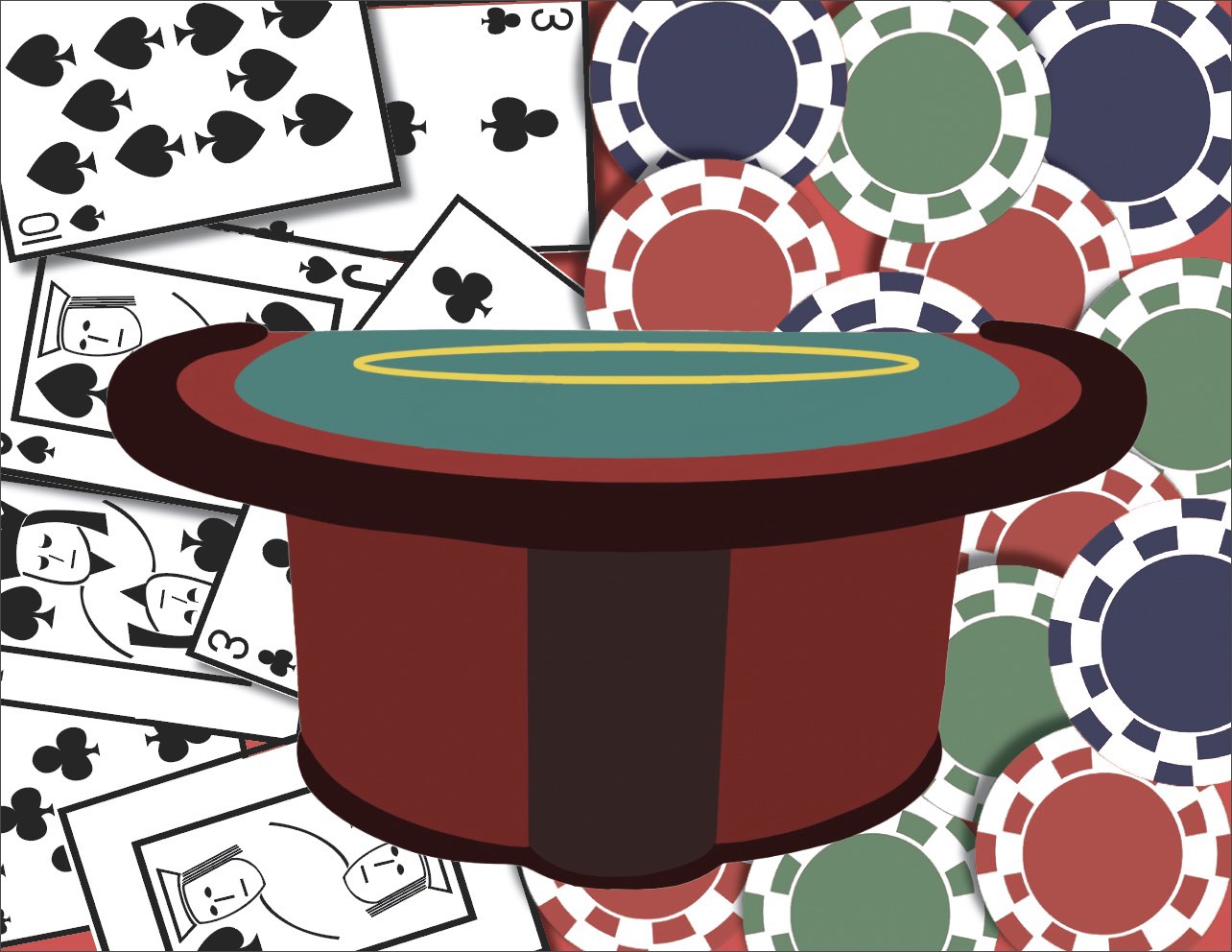
Headlines were made, athletes were arrested and the National Collegiate Athletics Association (NCAA) suspended players. The University of Iowa and Iowa State University recently made sports news headlines nationwide, not for their performance, but for illegal gambling.
The game
Over the summer, 17 University of Iowa and Iowa State University collegiate athletes were suspended from playing after being caught using betting apps and, in some cases, placing money against their own teams. The case that stirred the most attention involves Hunter Dekkers, Iowa State’s starting quarterback, who pleaded guilty to betting on DraftKings between November 2021 and May 2023. At the time, Dekkers was underage and used his mother’s DraftKings account to bet. The NCAA prohibits gambling and betting for its collegiate athletes; the organization addressed the consequences for those who participate in sports wagering and set rules to protect the future of sports integrity.
Since the Supreme Court overturned a ban on sports betting in May 2018 and Iowa legalized it August 2019, the industry has rapidly expanded. In the past five years, Americans have put over $220 billion in sportsbooks such as FanDuel and DraftKings. However, it does not stop there. Sportsbooks push their promotion onto television and social media platforms — advertisements flood the screen on ESPN and BIG 10 Network. Adults are not the only people viewing these ads, with sportsbooks also reaching the minds of teenagers, including students at West.
In Iowa, the age requirement for sports betting is 21, but teens find loopholes to access apps and start betting. There are several ways to cheat the system, such as minors using off-shore gambling sites that are less age-restricted or taking a parent’s ID to set up accounts.
When sports betting was first legalized in Iowa in 2019, people were required to create an account in-person at one of Iowa’s licensed casinos. As of 2021, registration for sportsbooks can be made online at a moment’s notice. Additionally, some sportsbooks only require proof of age when removing money. This creates an easy way for anyone to start betting online, including West students.
WSS interviewed one of these students who sports bets with a DraftKings account.
“With the social media algorithms, I would start to see more sports betting on TikTok and Instagram. For someone that is very interested in sports, it seemed like a progression,” an anonymous source said.
Algorithms aren’t the only avenues popularizing sports betting. In the past few years, betting companies’ spending on advertising has increased rapidly. DraftKings alone spent $1.19 billion on advertising in 2022, doubling the amount spent in 2021.
Companies also gain attention from those who showcase their sports betting on social media. X, formally known as Twitter, is one of the primary platforms bettors use. According to Twitter Insiders studies, 62% of bettors posting on X place wagers weekly and spend 15% more on bets annually compared to those on other platforms. Additionally, the social aspect of betting on media platforms such as X leads to an increase in bets, especially on big games. Seventy-two percent of bettors check X to follow the status of their live bets once they have made them, and 65% say they are more motivated to place a bet on a big event that everyone is talking about on social media.
As a part of the younger generation, the anonymous source witnessed the rise in gambling trends and advertisements.
“[Betting] is definitely accessible, and the world of sports gambling has definitely grown. There is a push to appeal to a younger generation to get more people into it,” the anonymous source said.
These efforts also come from the sports industry as a whole. The NBA, NFL and MLB have all signed major deals with sportsbook companies, including DraftKings, FanDuel, MGM and Caesars Entertainment. Leagues will now advertise these companies as official sportsbook platforms with special perks. Official sources from the leagues can also mention betting odds and show gambling payouts on air. However, this isn’t to say that leagues endorse betting for athletes; players will still face punishment for betting on matches, including suspensions from games to total bans from playing.
Jared Diamond, a Wall Street Journal sports reporter who covered the Iowa and Iowa State betting scandal, has seen the impact gambling has already made.
“Look at the marketing around [sports betting.] It’s everywhere. You can’t watch a sporting event without 10,000 commercials for betting. It is in your face all the time,” Diamond said. “It’s [now] legal in the majority of the country and more and more states as the years go by. It is just going to continue to grow, at least for the foreseeable future.”
The sports industry has also started to adapt to the increasing popularity of betting with ESPN, launching “ESPN BET” sportsbook Nov. 14. As gambling becomes normalized in sports, so does its advertising.
While gambling advertisements can be ignored, the social atmosphere between friends is much harder to bypass.
“I was sitting in class, and my buddy was playing [poker] on his Chromebook. He taught me how to play poker and in the next week or so, I started playing on my Chromebook. We started competing for who could win the most amount of money and [we] started going to poker nights together and just kept playing,” said Max Gerke ’24.
Sitting around a table, watching the pile of money and chips grow in the center, is a familiar social scene to many high schoolers. Friday night poker games are most thrilling to Aidan Jacobsen ’24.
“[Poker keeps] you on the edge of your seat the whole time. When you see the next card flip over it’s like the craziest, [most] intense feeling,” Jacobsen said.
Although the stakes don’t seem high initially, Jacobsen has noticed it can quickly get out of hand. The buy-in for each poker night for Jacobsen’s group is $10. But as the night progresses, people lose, raising the stakes.
“If you’re on a losing streak, you’re gonna be mad at people. There’s a thing called being ‘on tilt’ in poker. If you lose a couple of big hands, you’re going to start playing super aggressive because you want to force your way to win it back,” Jacobsen said.
It’s not only losing that keeps the game going. For the anonymous source, winning can be just as big of a motivator.
“You can’t end on a loss but you can’t end on a win. There will be nights where I’m running super hot, just winning a bunch, and then you want to keep playing and continue what you perceive as good luck. But if you are losing, you’re like, ‘Oh man I need to win this back’ or ‘I need to get myself out of this rut,’” the anonymous source said.
In addition to concerns about money, some also worry about the future implications gambling can bring.
“I think the constant playing of [poker] might be a little addictive, but I don’t think it’s causing any problems,” the anonymous source said. “The one thing I’m worried about is [that] it’s breeding a potential [for] when I have more freedom as an adult and can go to casinos.”
To Gerke, the potential of a gambling addiction doesn’t weigh heavily on his mind. His buy-in to poker isn’t the money but a night of fun with his friends, no matter the activity.
“If I’m going to spend money on a poker night, am I willing to spend ten, twenty dollars on a night out just for entertainment? [Would I rather] spend the money to go bowling or to watch a movie?” Gerke said. “I wouldn’t say I’m getting addicted to [poker], but I do like playing it, [and] getting together with a bunch of guys is always fun.”
Although casual gambling may seem harmless, it comes with consequences. Gambling under the age of 21 is a crime in Iowa and can bring a felony charge on a first offense if the amount spent exceeds $500. Gambling under $100 carries a serious misdemeanor with a potential for jail time. This isn’t the only risk, as the consequences of gambling can be more than just legal trouble.
According to the Iowa Department of Health and Human Services, almost a quarter of all teens have participated in gambling. Of those teens, 85% have gambled in the past year.
“They’re doing it for the social aspect of it, for the excitement of it. These are just kids [who] are participating in an activity that young people enjoy. It’s not about money. Most of them probably lost money. These are just young people having fun,” Diamond said.
Despite many forms of social gambling being harmless, it comes with risks that teens might be unaware of, one of which includes the cost of playing. Especially when playing with poker chips, it can be easy to spend large amounts of money while losing track of how much they already spent.
“The hard thing about poker is it doesn’t feel like you are playing with real money because it’s just colored chips in front of you. The thing with sports betting is that you see dollar values. With poker it’s a lot easier to go down that rabbit hole,” the anonymous source said. “Especially with card games and betting in general, you hit the ‘Oh I almost won that one’ or ‘Oh if I didn’t fold I would have actually won.’”
Another risk is the potential for addiction or pathological gambling. According to a study by the American Psychological Association, up to 5% of adolescents and young adults who gamble develop a disorder. AP Psychology teacher Travis Henderson explains how gambling can be even more risky for teens.
“The prefrontal cortex is not fully developed as a teenager, so the impulse control is harder for them. It’s being driven to get that hit of dopamine, [and] it will be harder to say no to their brain. [That] part of your brain that says ‘Maybe we don’t need to do that today’ isn’t fully developed,” Henderson said.
According to the Massachusetts Department of Public Health, gambling can also be harmful and addictive to children’s developing brains. Children introduced to “harmless betting” by the age of 12 are four times more likely to engage in problem gambling in the future. In fact, by adolescence, around 40% of people have experienced a game similar to traditional gambling.
Although gambling may seem like an isolated activity, becoming addicted to it can create other harmful habits. Those who suffer from substance abuse, impulse control, anxiety or mood disorders can have an increased risk of developing a gambling addiction.
“[By gambling,] you’re wiring your limbic system and your nucleus accumbens to need that high level of dopamine, and it’s going to continue to need that high level of dopamine. What we call that is ‘cross addiction,’” Henderson said. “Sometimes, a person is like, ‘Man, I’m losing a lot of money gambling,’ so they give up gambling, but they seek that dopamine fix in a different place. Then they find it in maybe drugs or other places.”
Gambling addictions can also affect mental health and relationships. According to Cleveland News, gambling rates among teens and young adults are two to three times more than that of adults. Pathological gamblers are also more likely to commit suicide than people with any other addictive disorder, totaling up to around one in five gamblers attempting. These addictions can also strain relationships through financial instability, emotional turmoil, social isolation and family tension. In severe cases, parents addicted to gambling may neglect their children, and teens may isolate themselves from others due to guilt.
Without the proper awareness and education, gambling addictions can go unnoticed and untreated; for teens, a harmless poker night can turn into a serious disease. With the increasing popularity of the activity, Diamond believes regulation needs to improve to prevent unhealthy underage gambling in the future.
“It’s the responsibility of the adults in the room, which are the state regulators and the gambling operators, to ensure that [students] are abiding by the rules that are in place, and that means ensuring that prohibited bid betters, whether they’re underage or athletes, are not betting,” Diamond said. “And I do think that it’s their responsibility, and I think in this situation in Iowa, it’s very clear that the guardrails failed.”
Your donation will support the student journalists of West High School. Your contribution will allow us to purchase Scholarship Yearbooks, newsroom equipment and cover our annual website hosting costs.
-
 Award winnersDigital footprints: AI’s environmental toll
Award winnersDigital footprints: AI’s environmental toll -
 Award winnersHow women’s wrestling found a home in Iowa City
Award winnersHow women’s wrestling found a home in Iowa City -
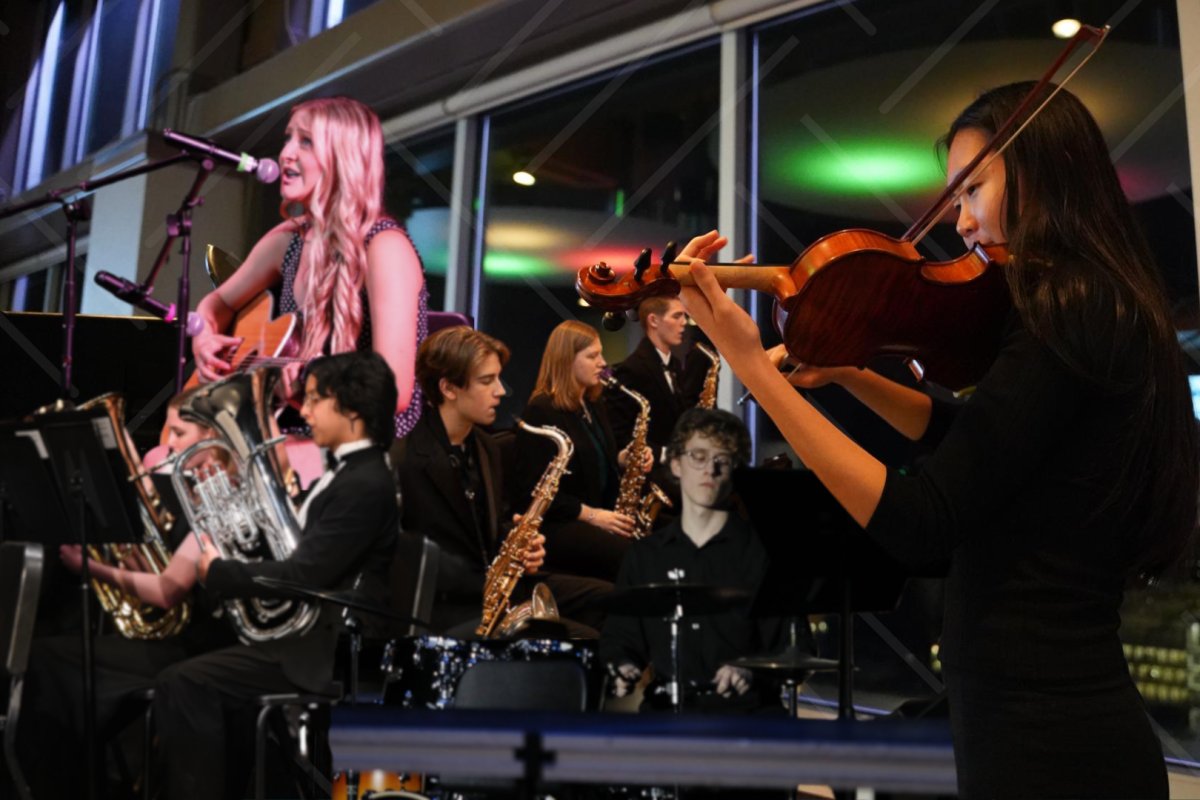 Award winnersWhere excellence is a tradition, but where stress thrives
Award winnersWhere excellence is a tradition, but where stress thrives -
 Award winnersKindness, community and compliments
Award winnersKindness, community and compliments -
 Award winnersBurnt by the bell
Award winnersBurnt by the bell -
 Award winnersSubstantially limited
Award winnersSubstantially limited -
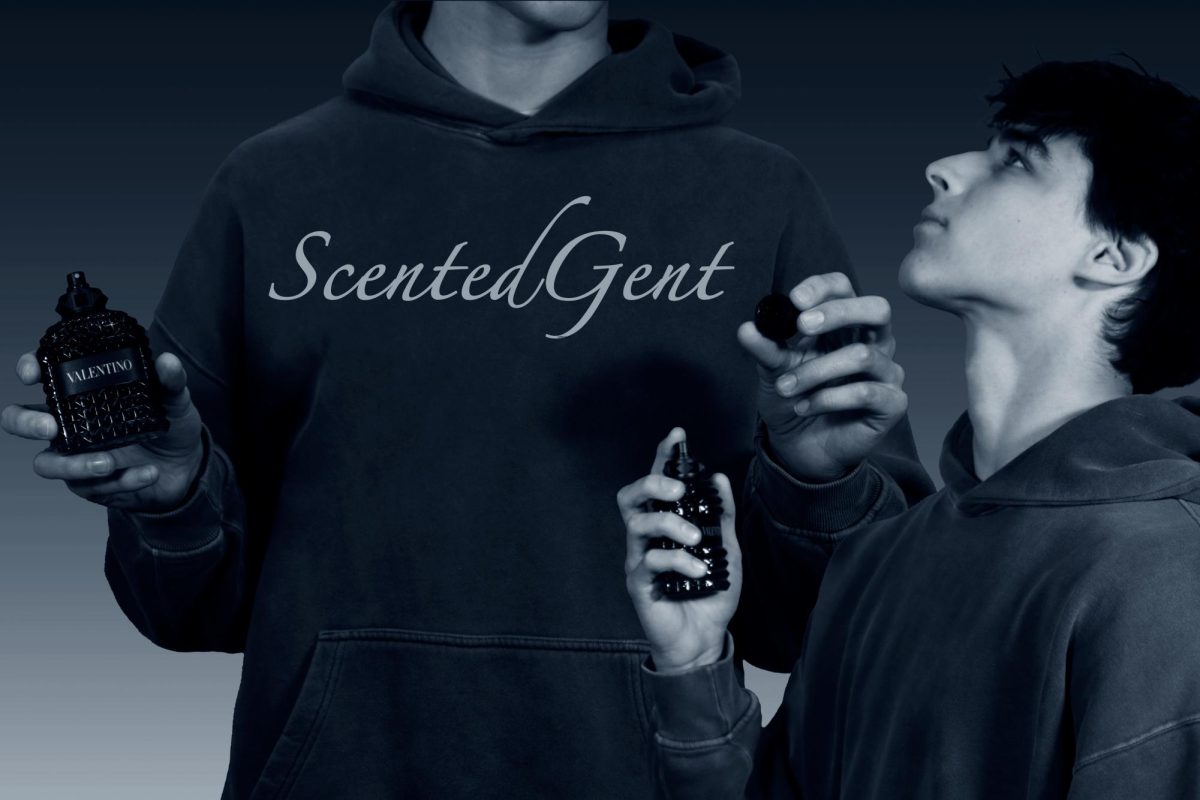 Award winnersWest High's fragrance connoisseur: ScentedGent
Award winnersWest High's fragrance connoisseur: ScentedGent -
 Award winnersMusic on the mind
Award winnersMusic on the mind -
 Award winnersFlour Power by Finnley
Award winnersFlour Power by Finnley -
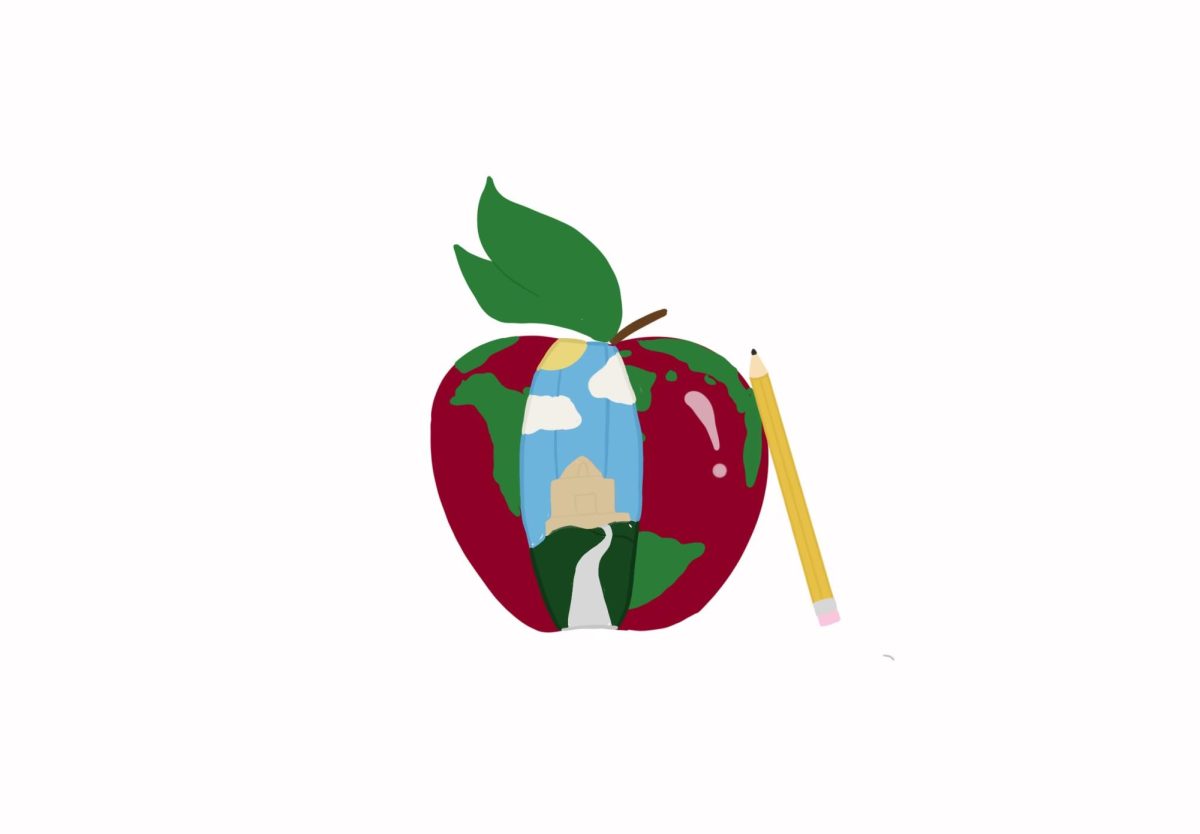 Award winnersA new vision for elementary education
Award winnersA new vision for elementary education -
 FeatureWSS 2025 People of the Year
FeatureWSS 2025 People of the Year -
 FeatureGone digital: the return of digital cameras
FeatureGone digital: the return of digital cameras -
 FeatureMiles for mental health
FeatureMiles for mental health -
 FeatureService and sacrifice
FeatureService and sacrifice -
 FeatureStitching sustainably
FeatureStitching sustainably -
 FeatureSenior futures
FeatureSenior futures -
 FeatureBrad Stiles: championship caliber coaching
FeatureBrad Stiles: championship caliber coaching -
 FeatureBack in time
FeatureBack in time -
 FeatureDriven, dangerous and distracted
FeatureDriven, dangerous and distracted -
 FeatureClass of 2025 senior columns
FeatureClass of 2025 senior columns -
 ShowcaseTop five sports moments of 2024-25
ShowcaseTop five sports moments of 2024-25 -
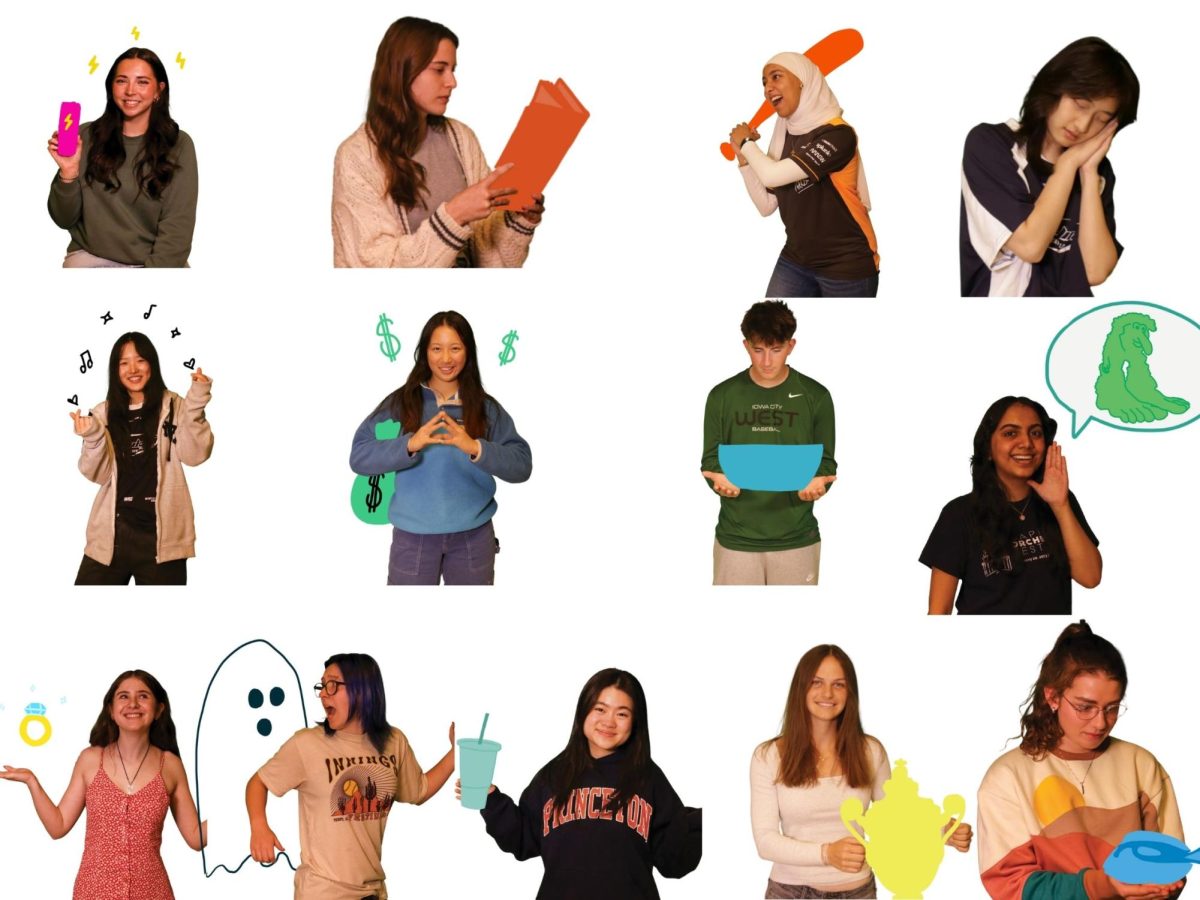 ShowcaseWSS senior staff superlatives
ShowcaseWSS senior staff superlatives -
ShowcaseA year to remember: 2024-2025 in focus
-
 Showcase2025 Faculty Farewell
Showcase2025 Faculty Farewell -
 ShowcaseTraci Burns: a story of resilience
ShowcaseTraci Burns: a story of resilience -
 ShowcaseWest High holds senior recognition awards night
ShowcaseWest High holds senior recognition awards night -
 ShowcaseSeeds for change
ShowcaseSeeds for change -
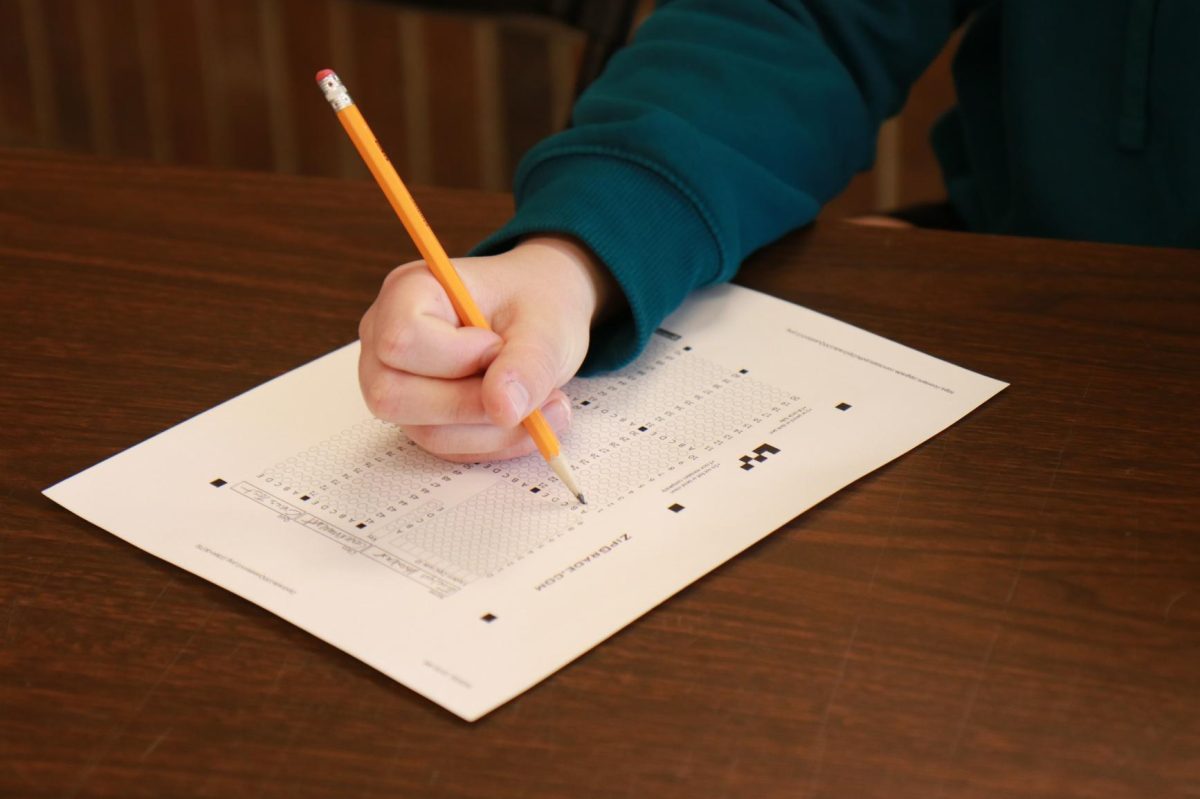 ShowcaseIowa bill would require high school students to pass a citizenship test to graduate
ShowcaseIowa bill would require high school students to pass a citizenship test to graduate -
 ShowcaseTheatre West hosts annual Drama Awards, announces shows for next year
ShowcaseTheatre West hosts annual Drama Awards, announces shows for next year -
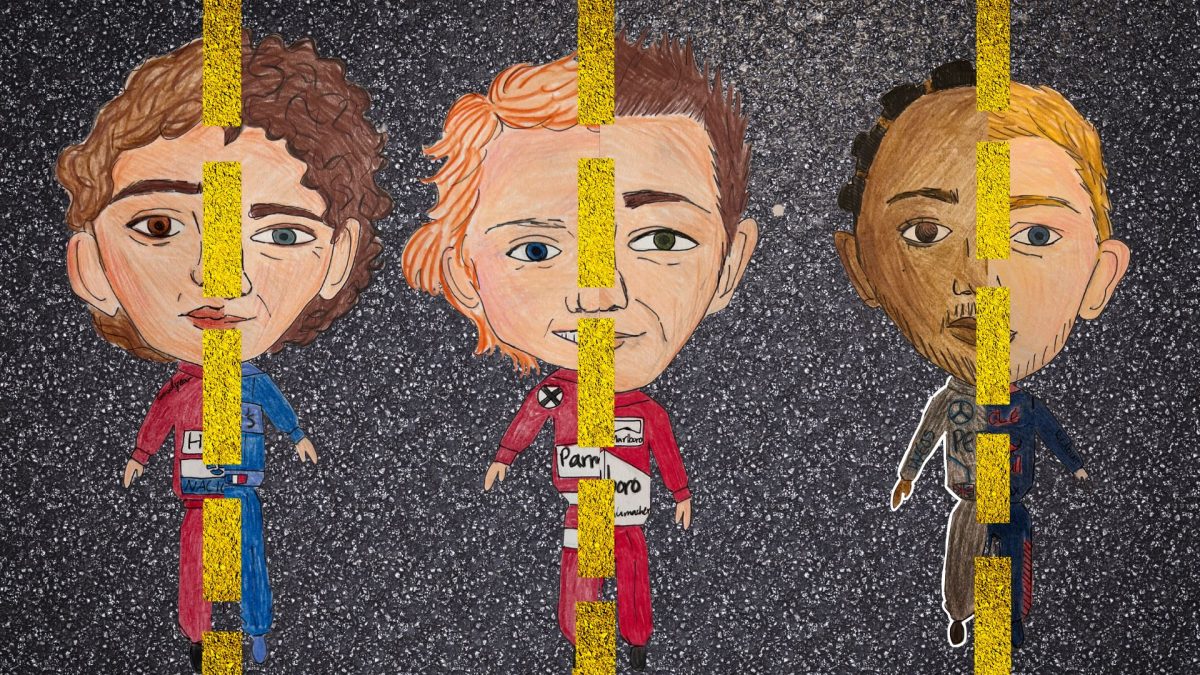 ShowcaseThe icons of Formula 1
ShowcaseThe icons of Formula 1





